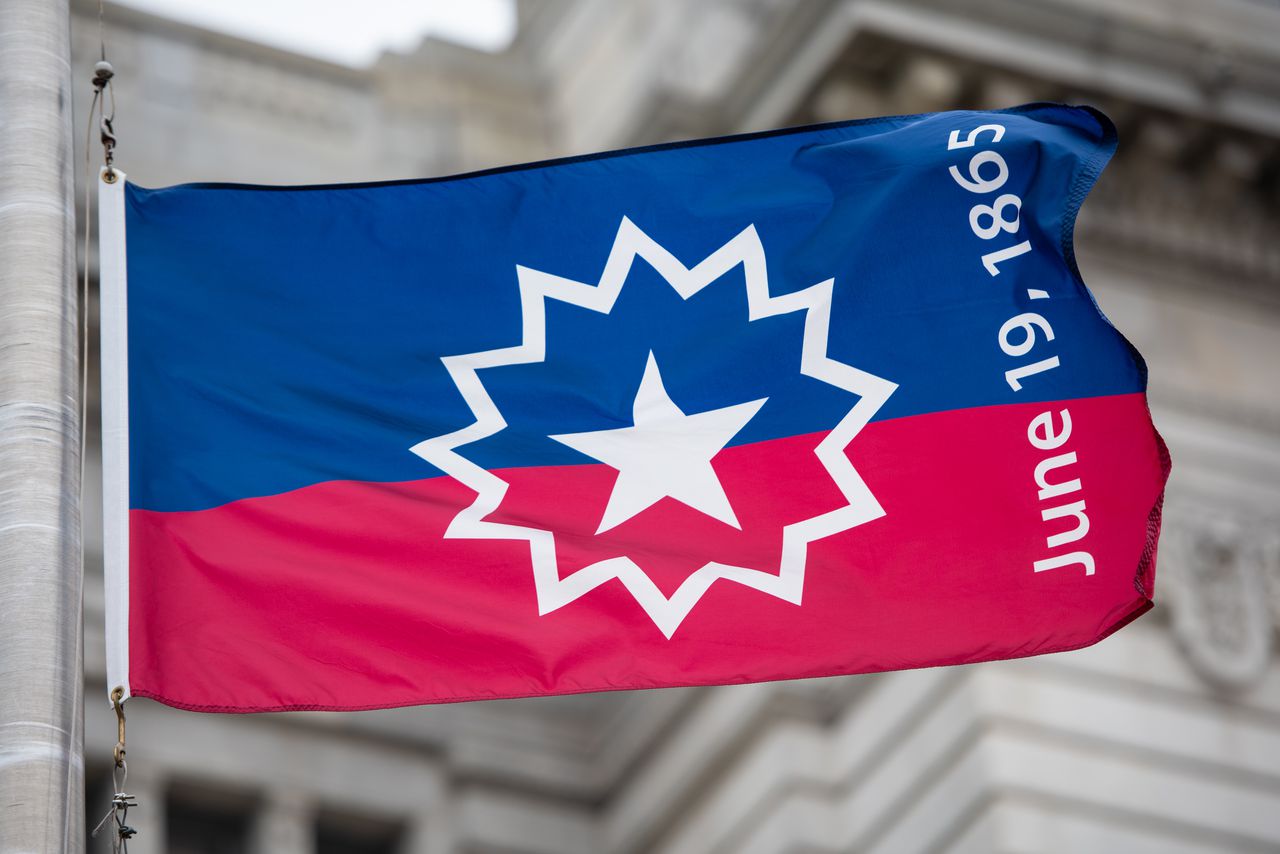Monday, June 19 is a federal holiday; Will mail run on Juneteenth?
Juneteenth – a day to commemorate one of the final acts of slave emancipation in the U.S. – is the country’s newest federal holidays and the first established since Martin Luther King Jr. Day was created in 1983.
President Joe Biden signed legislation in 2021 creating Juneteenth as federal holiday. As such, government offices will be closed on Monday, June 19. The U.S. Postal Service will also be closed and mail will not run.
Mail service will resume Tuesday and post offices will reopen.
Juneteenth is the fifth postal holiday of 2023. Upcoming postal holidays include Independence Day (July 4th), Labor Day (Sept. 4), Columbus Day (Oct. 9), Veterans Day (Nov. 11), Thanksgiving Day (Nov. 23) and Christmas Day (Dec. 25).
What is Juneteenth?
The word “Juneteenth” is a combination of June and 19, which is when the holiday is celebrated – June 19th. This year, that falls on a Monday.
On June 19, 1865, the announcement was made that tens of thousands of African-Americans in Texas had been emancipated, closing the door on one of the last chapters of slavery in the U.S.
Juneteenth traces its origins back to Galveston, Texas where on June 19, 1865 Union soldiers, led by Major Gen. Gordon Granger landed in the city with news that the Civil War had ended and slaves were now free. The announcement came two-and-a-half years after President Lincoln’s Emancipation Proclamation of Jan. 1, 1863 that freed slaves in Confederate states. However, since that proclamation was made during the Civil War, it was ignored by Confederate states and it wasn’t until the end of the war that the Executive Order was enforced in the South.
Granger delivered the news himself, reading General Order Number 3:
“The people of Texas are informed that in accordance with a Proclamation from the Executive of the United States, all slaves are free. This involves an absolute equality of rights and rights of property between former masters and slaves, and the connection heretofore existing between them becomes that between employer and free laborer.”
The day’s name is in honor of the date of Granger’s announcement and first appeared around 1903. It is also known as African American Freedom Day or Emancipation Day.
The day was celebrated occasionally until it was revived during the civil rights movement of the 1950s and 1960s
